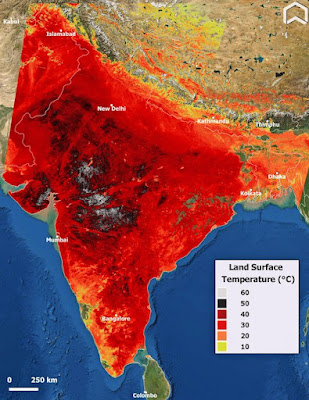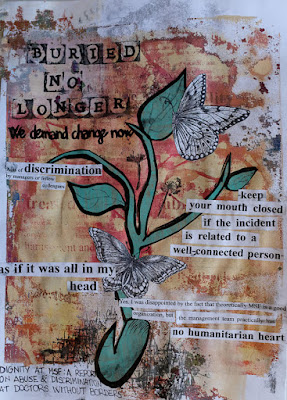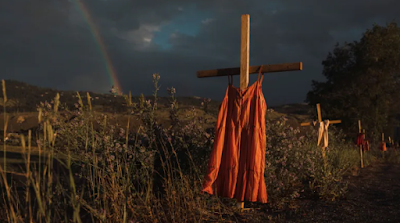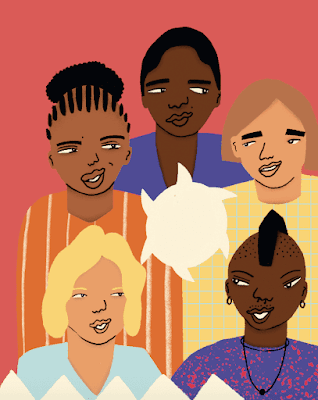Links & Contents I Liked 443

Hi all, In the first part of this week's review stories from the Gambia, Afghanistan, Ethiopia, Syria & Niger. We are also celebrating the history of #globaldev feat Robert Chambers! And there is dust in Cairo, 10,000 World Bank policy papers & AI racism in Brazil as well! My quotes of the week Nothing about this approach was new. So-called farmer-managed natural regeneration had been practiced around the world in dryland systems for centuries. It was essentially how farmers in Niger had operated before colonialism. Rinaudo sought only to re-popularize and promote it—to convince farmers to capitalize on the deep roots their ancestors had left, both literally and figuratively, in the land. (How farmers in Earth’s least developed country grew 200 million trees) Move away from a Eurocentric, White savior view of humanitarian interventions. View humanitarian functions as separate from the geopolitical hegemony of the Global North. Move away from the pretense of “apolitical” hum



